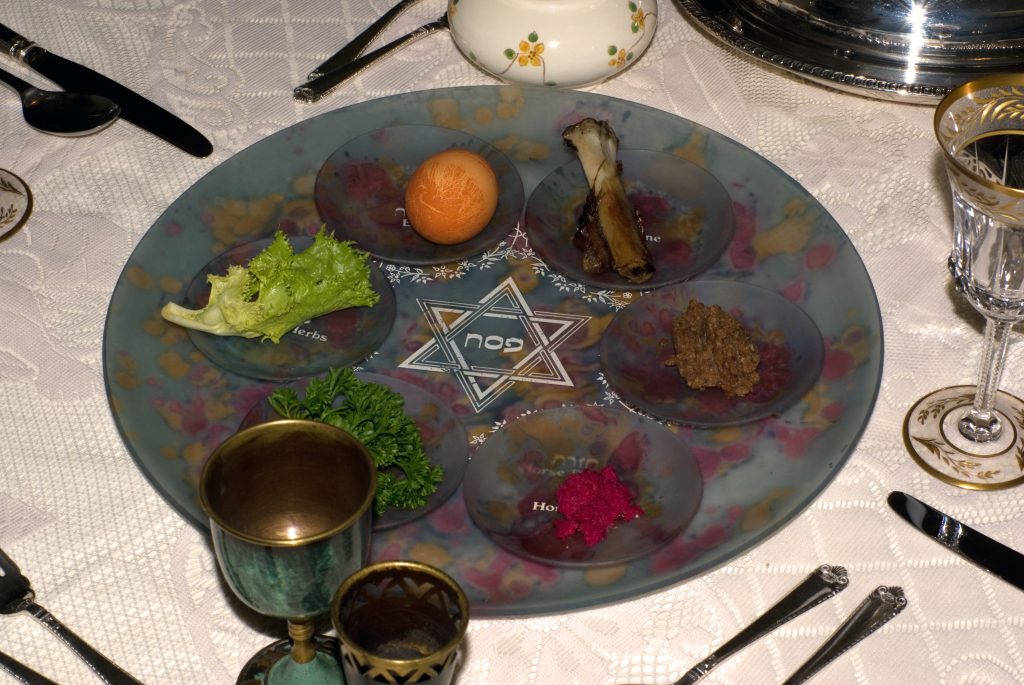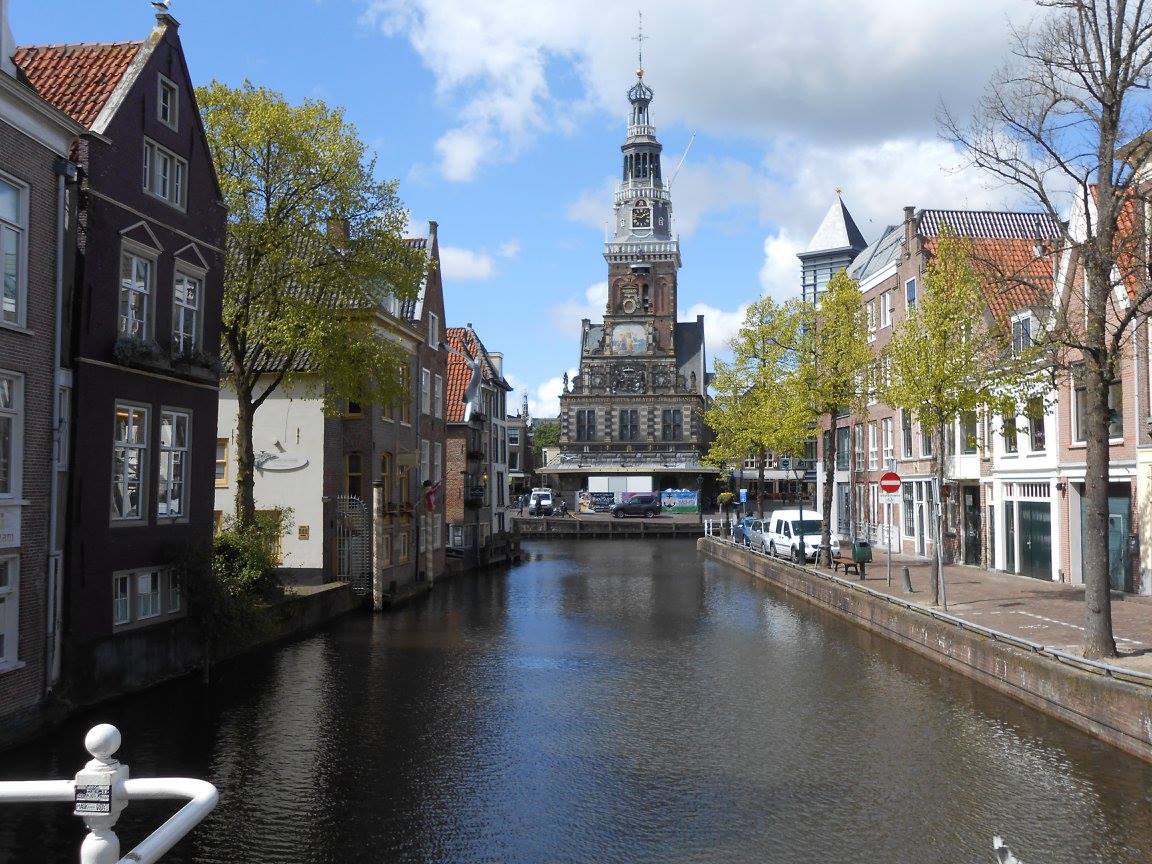Passover shows how inconsistent the Jews can be
Jews don’t really hear the true meaning of Passover.
I am a secular Jew and though I don’t believe in Judaism, my family and I still celebrate the Jewish holiday of Passover every year, for as long as I can remember.
Passover this year started on April 15 and ends on April 23. Though Passover is over, there are messages and themes which we must talk about and remember all year-round. Passover is a celebration of the Israelites’ exodus from Egypt and freedom from slavery.
On Passover, we hold a seder (say-der), which is a religious meal where we eat certain foods and have some dietary restrictions.
During the seder, we read from the Haggadah (ha-good-ah), which is a book that tells the story of the exodus from Egypt and encourages children to ask questions about the exodus and the Passover story.
Passover is celebrating God for helping the Jews out of Israel and it laments that the world is still full of suffering and slavery.
What Jews tend to forget is that Jews and Muslims are, if the stories are to be believed, cousins and are related.
Isaac and Ishmael have the same father, Abraham, and this is conveniently forgotten by Jews everywhere.
Jews act as if they are so different from the Muslims. They distance themselves from their Muslim brothers and sisters and even harm them.
According to a report by the Congressional Research Service published in 2021, 98% of Palestinians are Muslim.
Despite this, Statista reports that from 2008 to 2020, around 5,590 Palestinians have died in the Israeli-Palestinian conflict. This number is significantly lower than the 251 Israelis killed.
How can we sit through a dinner that (at its fastest is 30 minutes and at its longest all night) is all about the gratitude towards God for being alleviated from suffering and how it is so sad that the world is still filled with such harm, but still kill our Palestinian brothers and sisters?
In addition to this, there is a common Passover tradition called the cup of Elijah. The cup of Elijah is a cup in which wine is poured for Elijah, who is supposed to be the messiah, the person who is the savior of the Jews.
The cup of Elijah is filled just in case.
My mom has written our own family Haggadah based on different ones she found.
“We cannot drink from this cup until the world is free from pain and injustice,” says our Frederick family Haggadah.
In researching other Haggadahs this theme seems to be common.
“Before he died, Elijah declared that he would return once each generation in the guise of any poor or oppressed person, coming to people’s doors to see how he would be treated,” said a Haggadah compiled by Robert Parnes.
We should treat all other people as if they are Elijah, who is one of the most important people in the Jewish faith.
How can Jews say these things during a seder for one of the most important Jewish holidays and then just as soon as it is over go back to their pain-inducing ways?
We open the door to Elijah during the seder. Why don’t we do the same for other human beings, even ones that aren’t Jewish?



